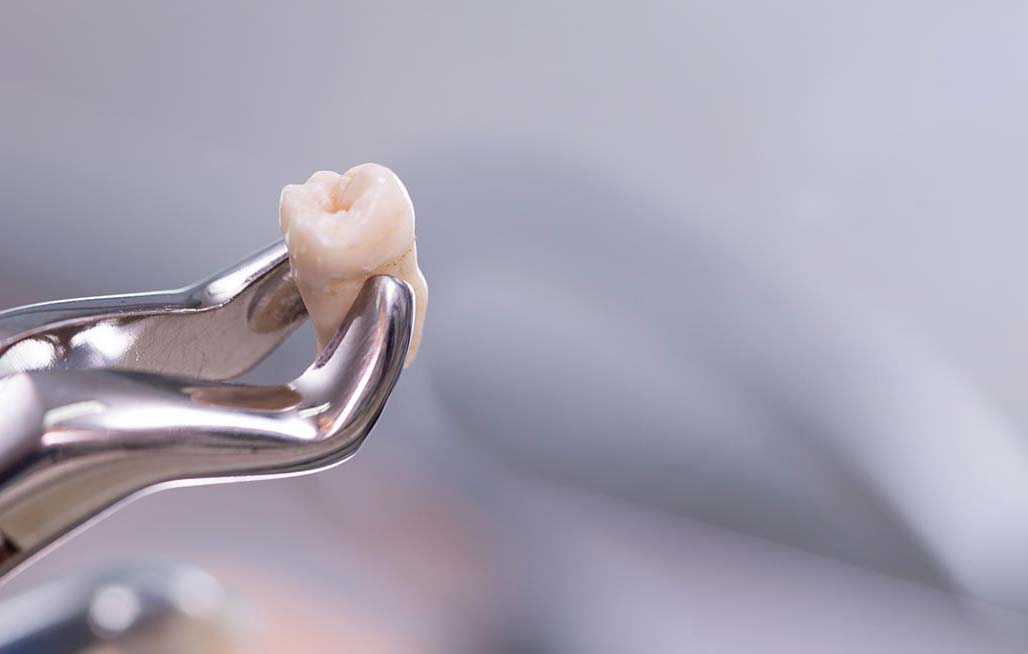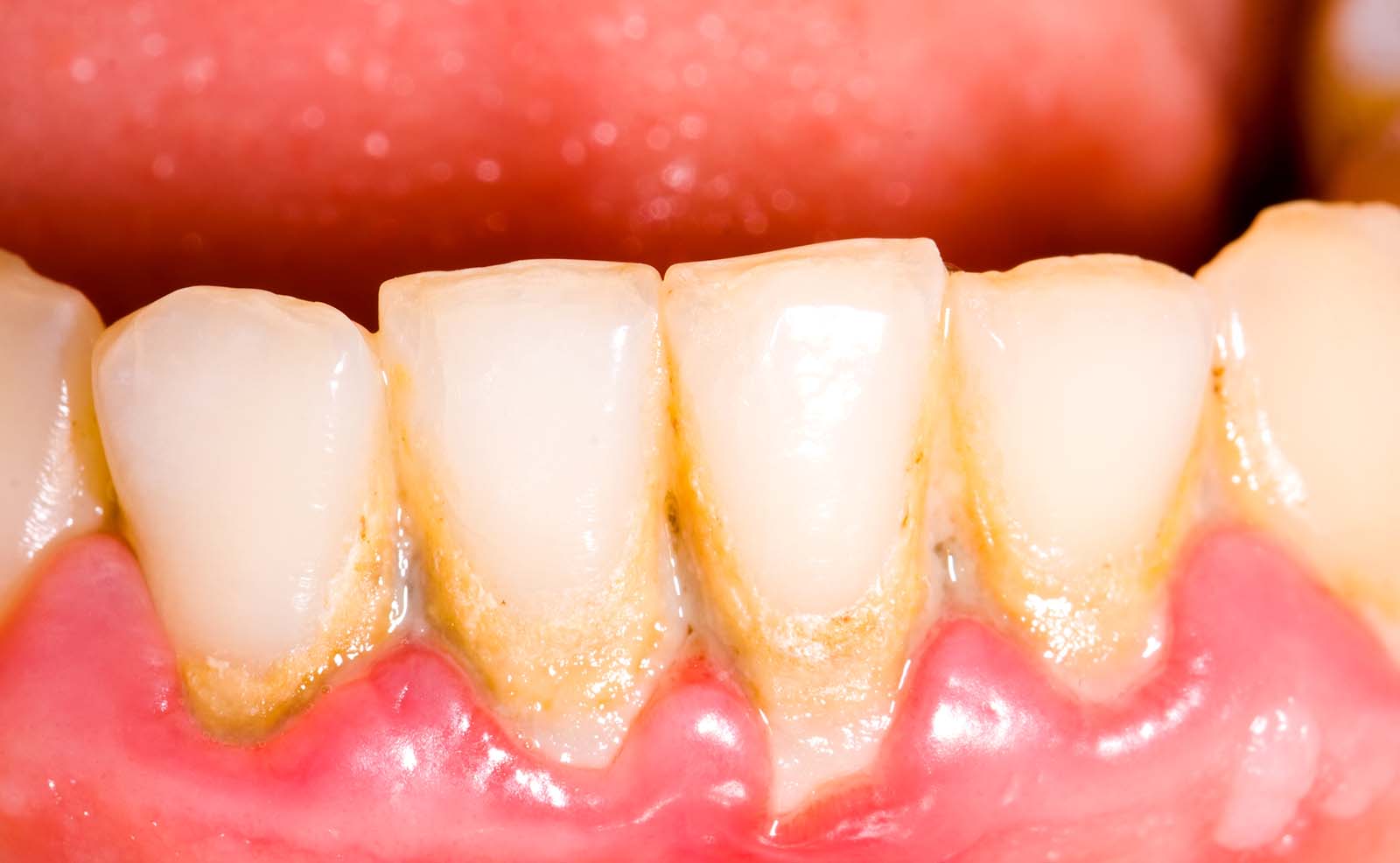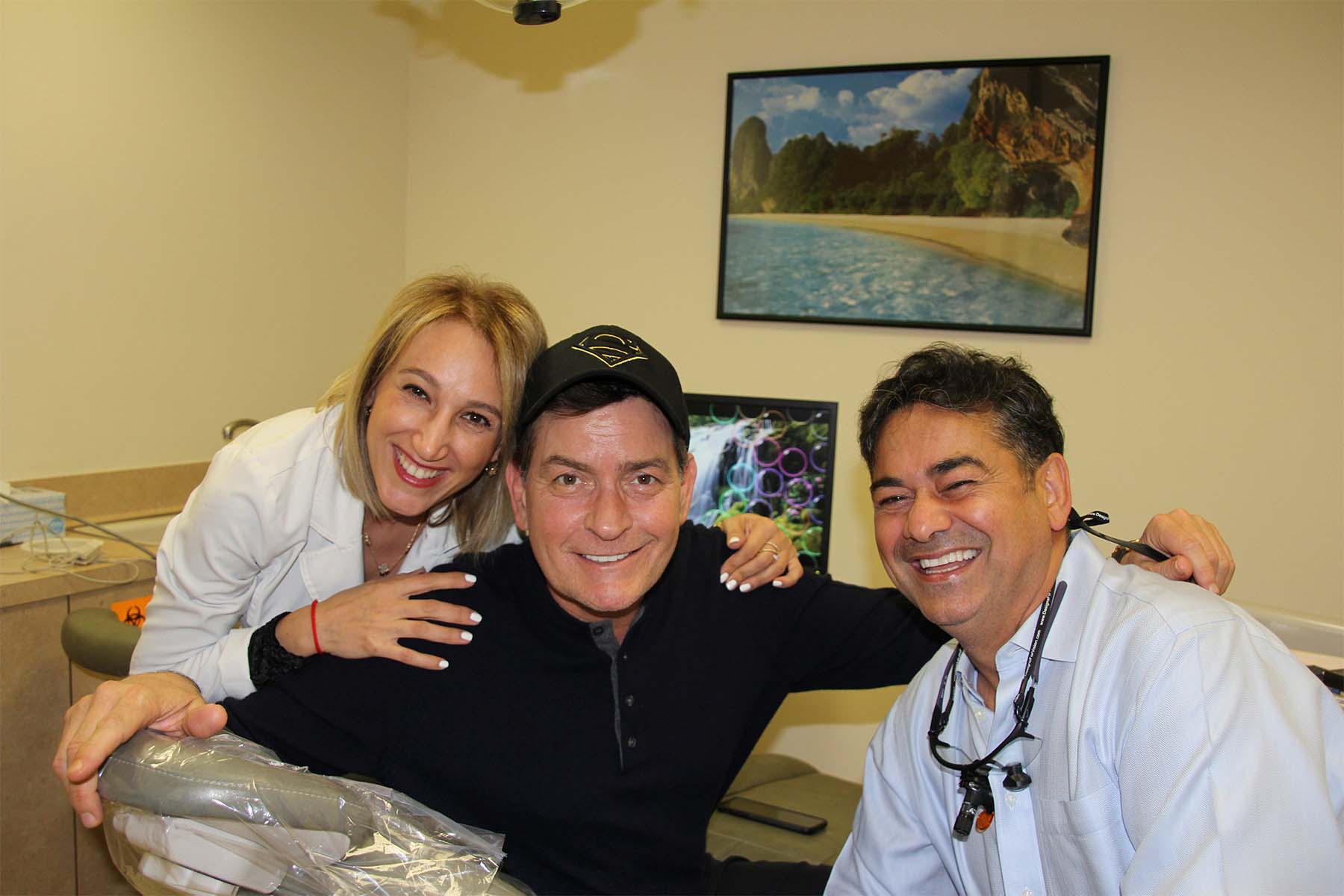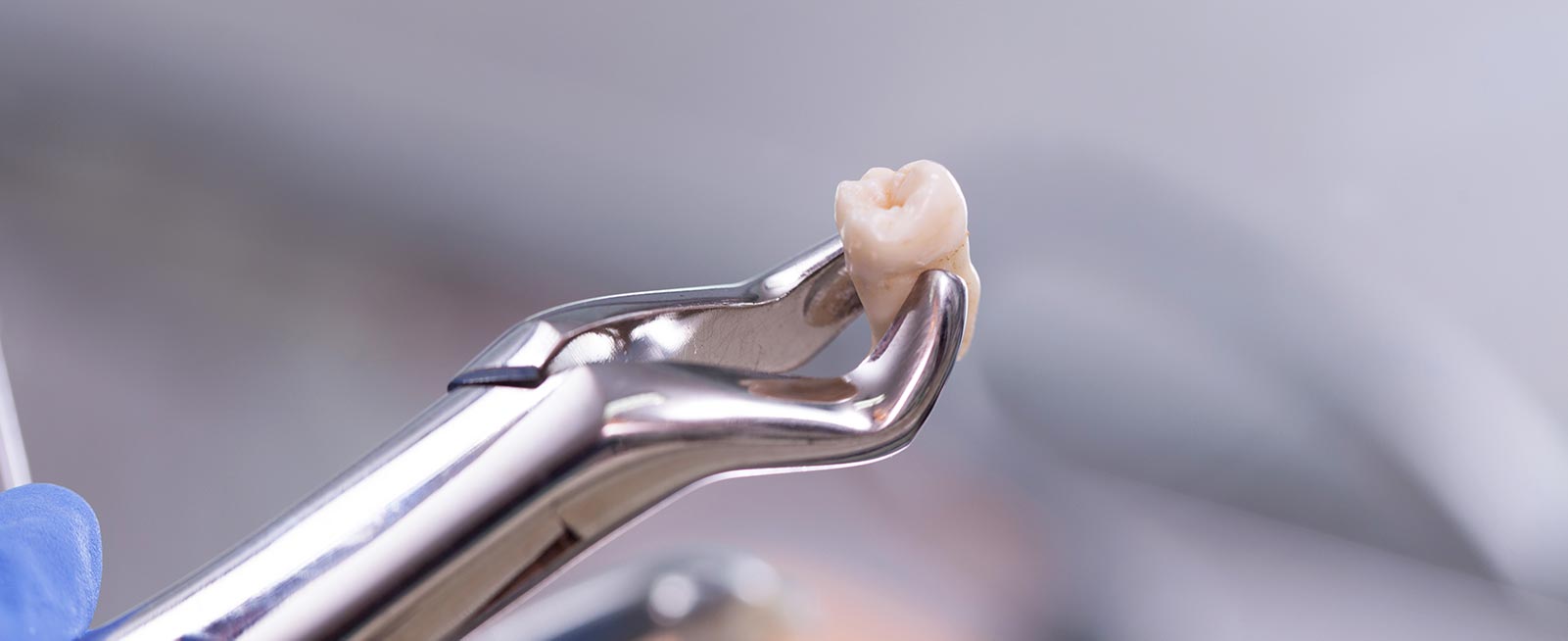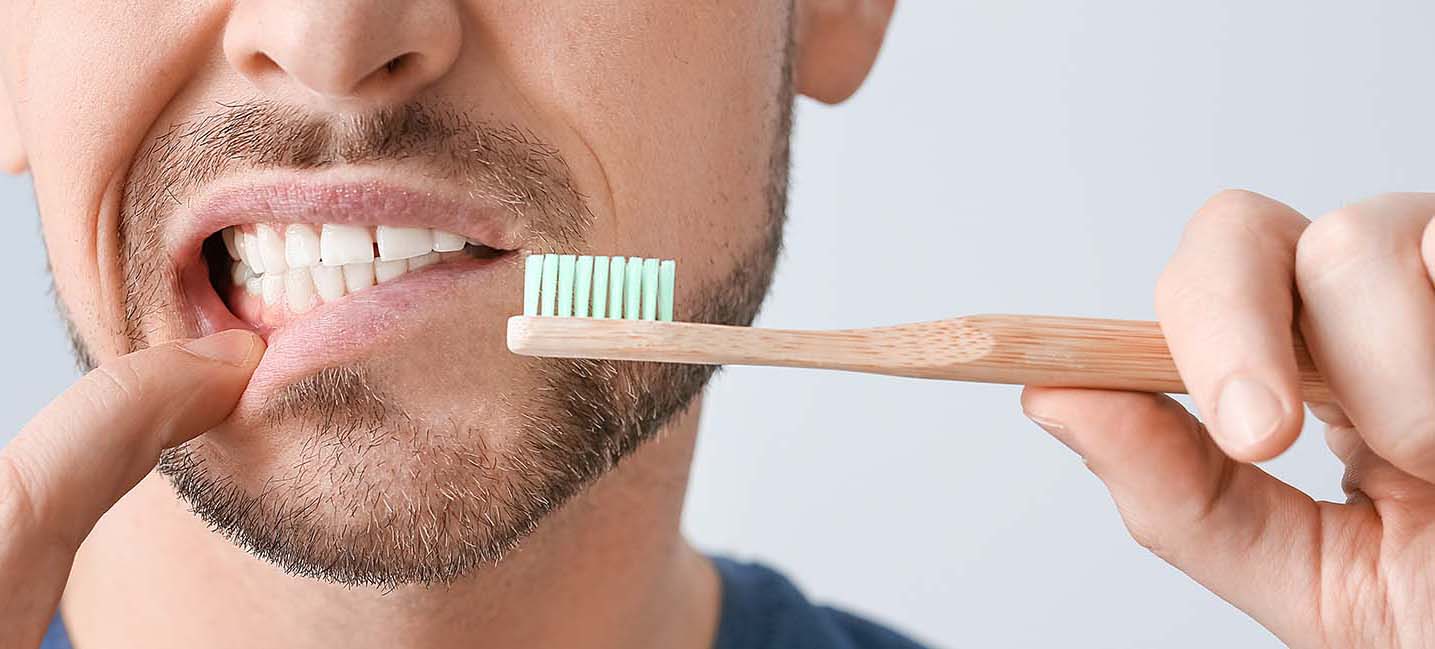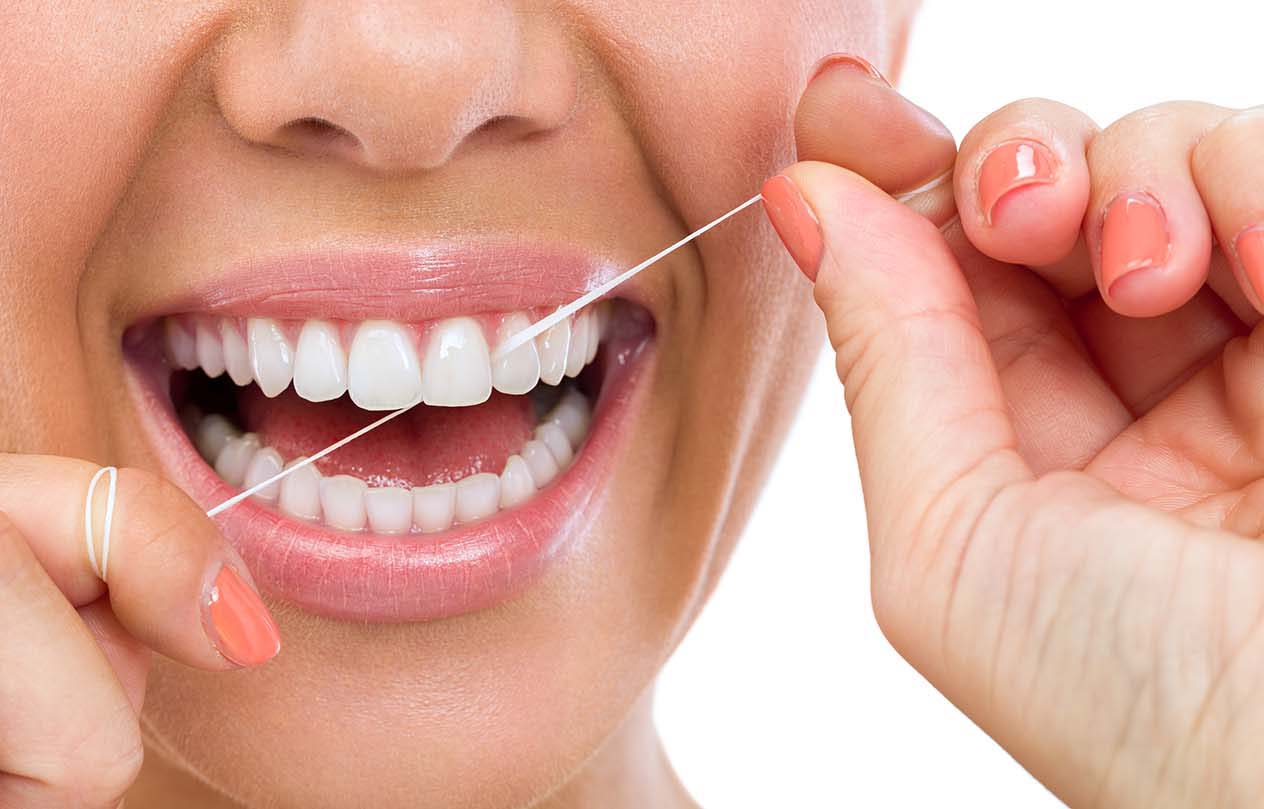Southland Dental Care is renowned and trusted by patients when it comes to dental procedures and treating patients. For over two decades, Southland Dental Care has provided treatment and procedures for patients such as full mouth reconstruction, dental implants, cosmetic dentistry, and treating diseases that affect the gums. Our dentists treat patients from the greater Los Angeles area, including Beverly Hills, San Fernando Valley, and Santa Monica.
Dr. Hanookai and Dr. Abaian are among our most highly regarded doctors. With a keen focus on the well-being of patients, fixed dentures in a day to us mean another bright, beautiful smile restored. This spirit of patient-centered dental care has been animated through the whole team at the firm, and many patients recount that their experiences were more than just fixed dentures in a day owing to the care and treatment they received.
What are dentures, and who might need them?
Dentures are artificial teeth that can be removed and replaced at will. They look like real teeth, and one might need them when they have their original tooth uprooted. A dentist may have to pull out your tooth due to tooth decay, a disease affecting your gums, or an accident that required your teeth removed.
There are two types of dentures, namely permanent dentures and immediate dentures. What are immediate dentures? Immediate dentures are temporary and can be fixed immediately after the dentist has removed your tooth. Temporary dentures are used only for a period while the patient awaits permanent dentures that are custom to fit in the mouth.
Immediate top dentures are worn on the top part of the jaw and mouth where the teeth have been extracted. Immediate top dentures can also be partial dentures when only teeth from the upper part of the mouth or complete depending. Immediate top dentures are regarded as complete dentures when all the teeth from the upper jaw have been removed. Since dentures are prone to wear and tear that causes the color change, immediate top dentures are maintained through relining and rebasing.
Permanent dentures vs temporary dentures
Primarily, temporary or immediate dentures differ from permanent dentures in that temporary dentures are not custom to fit the mouth and are required to be used temporarily over a period. On the other hand, permanent dentures are custom to fit on the patient’s mouth and can be used for an extended period before being replaced.
Also, permanent dentures vs temporary dentures also differ in the aspect of time frame for fitting. While temporary dentures are fitted after the dentist uproots your tooth, permanent dentures are fixed after the wound in your mouth has heals.
Furthermore permanent dentures vs temporary dentures are comparable with respect to maintenance. Temporary dentures require to be adjusted as your mouth heals and changes shape. In contrast, permanent dentures are custom made to fit your mouth hence may not require adjustments once fitted.
Temporary partial vs permanent partial
Temporary partial dentures are temporary dentures fitted immediately by the dentist to a specific area of your mouth after a tooth has been uprooted. On the other hand, permanent partial dentures are meant to replace the natural teeth in a specific area of your mouth. When presented with the option for temporary partial vs permanent partial, note that temporary partial dentures will have to be removed when the wound in your mouth heals. Permanent partial dentures on the other hand are custom-fitted and meant to last for an extended period but will have to be replaced due to wear and tear.
How do you get dentures?
When it comes to permanent dentures vs temporary dentures, each has a specific procedure for fixing since they serve different purposes in their own right.
It is a straightforward procedure if you want to get immediate dentures since they are immediate dentures after tooth extraction. The dentist can take the measurements of both jaws and note the color and shape of your teeth. There is also a difference in getting immediate dentures after tooth extraction, depending on whether they are partial or complete dentures.
In your initial appointment with the dentist, you will note your bite and use this impression to order temporary partial dentures. On your next appointment, after the tooth is extracted, then, temporary partial dentures are fitted.
Complete temporary dentures are recommended for patients that require all their teeth to be removed. The procedure starts with the doctor extracting teeth from the back of your jaw. The area is then allowed to heal for a period of up to 2 months. On your next visit to the dentist, we will make an impression of your teeth’ shape, size, and color, and we will order a temporary complete denture. Once the dentures are ready, you can book an appointment with the dentist and have the rest of your front teeth extracted. Then, the complete immediate dentures after tooth extraction can be fixed.
Permanent dentures require a different approach in terms of the time frame within which the procedure should take place and the procedure itself. A period of 3 to 6 months is recommended for your mouth to heal. Then you can visit the dentist, and they will note the impression of your mouth and jaw. A denture that is custom made to fit the shape of your jaw and mouth will be made.
How long dentures last
Dentures are of two types temporary or permanent, depending on the purpose they are to serve. Temporary dentures can be fitted by the dentist immediately after your tooth has been extracted. Temporary dentures can only be used for a short period. 4 to 6 months is how long temporary dentures last. Immediate dentures after tooth extraction are not custom-made to fit the patient’s mouth; they function as a temporary solution while the dentist fabricates custom-made permanent dentures.
Permanent dentures are fabricated and custom-built to be used for a longer period, up to a year. Permanent dentures, however, require care and attention as you would for natural teeth. Note that permanent dentures will still need replacement. The dentist will recommend the decision to replace the permanent dentures after your regular check-up, usually, 12 months after the dentures are fitted.
Pros and cons of immediate dentures
As an option for restoring and replacing lost teeth, temporary dentures have their upside and downside.
On the upside, temporary dentures are replaced immediately after the dentist has uprooted the natural tooth; hence, they fill the left gap. Also, dentures play a crucial part in the healing process of the gums. They reduce bleeding in the gum after the tooth has been uprooted.
On the downside, when you go for the option of temporary dentures, they tend not to be a perfect fit since they have not been custom-made.
As your jaws heal and it changes shape, you will be required to visit the dentist to adjust the temporary dentures. Furthermore, during the healing of the mouth and jaws, some people may experience soreness and irritation to some extent. In addition, some people find it hard to chew using these dentures since they don’t feel like natural teeth.
Advantages and disadvantages of permanent dentures
Permanent dentures are fabricated and custom-made to fit perfectly in the mouth of the patient. Permanent dentures are sharp and feel like natural teeth; hence some people find it easy to chew using permanent dentures.
You may experience some discomfort when you have your permanent dentures first fixed. At first, the dentures may feel loose in your mouth because the muscles of the tongue, jaws, and cheeks require time to adjust to the dentures.
Cost of permanent dentures vs. temporary dentures
Permeant dentures cost and temporary dentures cost vary. Factors such as where you live, and the type of material used for dentures could also influence the cost of permanent and temporary dentures. How much do temporary dentures cost? Authority dental dictates that one should pay about $1900 for temporary dentures exclusive of dentist appointments and materials for cleaning the dentures. Dentures made of a material such as metal can range between $2,000 and $4,000 for each plate. Dentures made of a single plate are the most common, and their prices range from $600 to $1,000.
If you have a dental plan to cater for your treatment, then the price of temporary dentures vs permanent ones may also vary. Before settling on the treatment procedure you want, it is always good to discuss it with the dentist. Feel free to ask to take a look at their previous work if you require more convincing. Also, you could seek recommendations from family, friends, or colleagues and read reviews from different patients to settle on a dentist with extensive knowledge and experience in dental procedures.
Temporary dentures vs permanent, when and why you need them
Temporary dentures vs permanent should not be a question of debate since both are equally important and useful procedures to restore the shape of your mouth, speech, and ability to chew. Our team of experts has extensive knowledge and experience concerning denture patients and is always ready to provide insights on queries concerning dentures that will suit your needs.
Dentures vs dental implants
If you are looking to restore that beautiful smile after tooth loss, you will have to consider going for dentures or implants. The subject of dentures vs dental implants requires one to put a lot of factors into consideration. Consider factors such as cost, how you look, and the feeling of each in your mouth. Here is a brief overview of dentures vs dental implants.
While dentures are removable, dental implants function to replicate the natural root of the teeth. Dental implants are placed on a titanium post fitted to the jaw bone and serve to permanently restores missing teeth. Full mouth dental implants function like natural teeth. Also, full mouth dental implants are designed to last long.
Dentures vs implants, which are best, suited to restore lost teeth?
Full mouth dental implants is the best alternative to dentures because they are permanent, function like natural teeth, and last a lifetime. Also, since dental implants may involve bone graft procedures, this provides additional support for the jaw. In patients that experience bone loss, the health of gums and teeth nearby can be affected; hence bone graft can also be used. However, dental implants require care and attention, as in the case of natural teeth.
If you settle on dentures, you have two options: complete dentures or partial dentures. Complete dentures replace the teeth of the upper jaw or lower jaw, and in some cases, complete dentures replace teeth from both the upper and lower jaw.
How to clean, care and maintain dentures
Indeed, dentures go a long way not only to restore a tooth that has been uprooted but also to restore smiles and laughter.
However, dentures require care and maintenance so that they can last long and serve their purpose. Here are a few pointers that will help you care for and maintain your dentures to improve their durability.
Clean your dentures daily. Since they are removable, dentures should be rinsed with warm water every day before going to bed, and a non-abrasive denture cleaner used to remove remaining food particles.
Soaking dentures in a denture-soaking solution every night helps to maintain the shape of the dentures.
Regular check-ups with the dentist to ensure the dentures are well fitted will also help the dentures last longer before considering replacement.
Dentures are a go-to solution for restoring lost teeth and also the bright smile.





